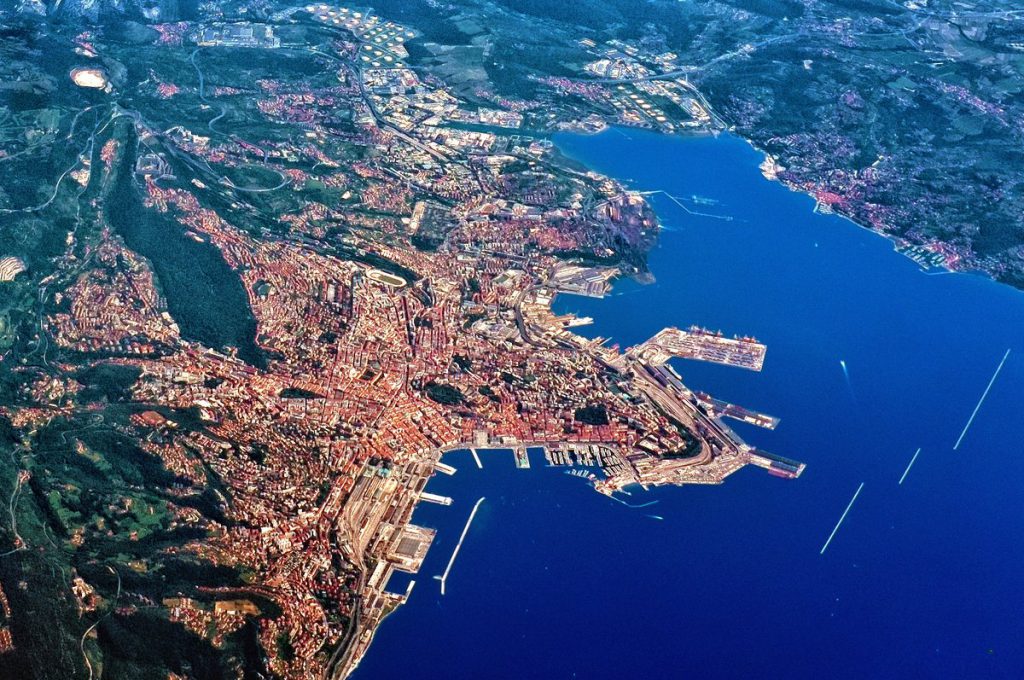
As part of the EU Connecting Europe Facility (CEF) program, the port of Trieste has been awarded with European funds for the co-financing of two projects involving the use of LNG in the port area.
The first project, RTALF - Port of Trieste: Railway Terminal And LNG Facility, will focus on feasibility studies for the development of some LNG facilities serving the Port Logistics Platform: a railway terminal, an LNG storage depot and a system data exchange between the new railway terminal and the Port Community System of the Port System Authority.
The project will require a total investment of approximately 6 million euros, will be 50% co-financed by European funds and its completion is scheduled for May 2022.
The second project, "EALING - Europen flagship Action for coLd ironING in ports", will instead focus on the electrification of docks, will have a duration of about two years and a total cost of about 800,000 euros (50% co-financed).
"The approval of the two proposals represents our reliability and is a new step forward in terms of funding that contribute to stimulating the growth and competitiveness of our port, bringing significant benefits both from a socio-economic and environmental point of view", commented Zeno D'Agostino, the President of the Eastern Adriatic Port System Authority.
The Commission, again as part of the CEF Program, has also granted around 700 thousand euros for a project, "Naples Lng Costal Depot", presented by the joint venture JV Edison-Q8, for the development of an LNG deposit in the port of Naples. The project will have a total cost of approximately € 1,700,000 and aims to "complete the design, specifications and technical investigations for the construction of a coastal LNG depot in the port of Naples, and the construction of a ship bunkering plant with consequent implementation of the land side supply chain for road transport in Southern Italy".
All the necessary authorizations should arrive by June of the next year to be able to start the construction works which partly provide for the conversion of some of the deposits currently used for the storage and handling of liquid hydrocarbons.
Source: Triestecafe.it
 EN
EN  it
it

